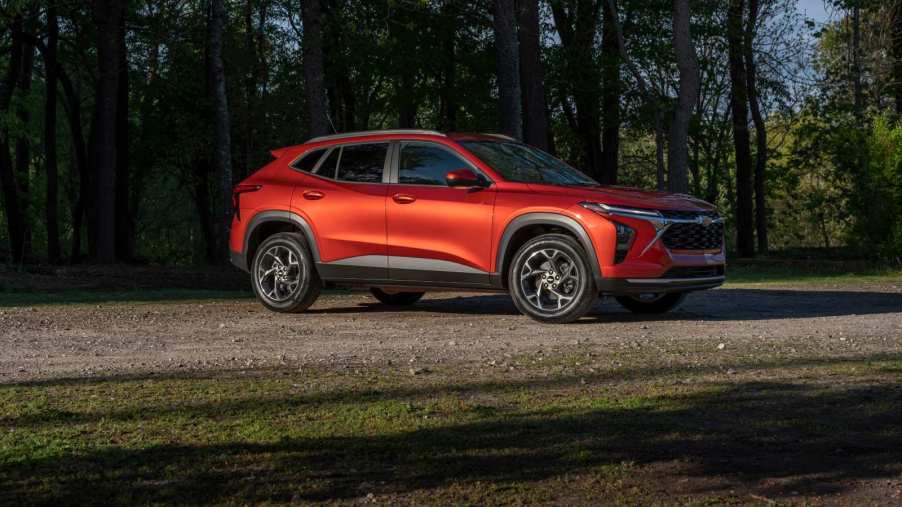
Are 3-Cylinder Engines Less Reliable?
There are many things drivers need to consider when buying a new or used vehicle. However, one of the most important is what engine the car has. Of course, this is also a pretty vast conversation, but the question of cylinders is paramount. While the four-cylinder engine might be among the most common, the three-cylinder engine is still popular. Many drivers wonder if these options are less reliable than others. Some of the best new cars even offer both.
Is the three-cylinder engine less reliable than the four-cylinder engine?
Reliability is one of the most important aspects of a car. After all, most people buy cars that they hope will last and have a high resale value. Regarding engines, it’s natural that some might wonder if the three-cylinder is less reliable than the four-cylinder. According to Digit Insurance, this isn’t the case, as the two options are pretty close regarding reliability.
However, depending on the size of the vehicle, the three-cylinder engine may have to work harder than the four-cylinder options. Because of this, an argument could be made that a three-cylinder may not last quite as long as a four-cylinder. However, it’s important to note that three-cylinder engines usually power smaller vehicles, so the difference is negligible. Naturally, three-cylinder engines also power quite a few motorcycles in addition to many subcompact SUVs and small cars.
The smaller engine has many pros and cons
As with anything, the three-cylinder engine has several pros and cons when compared to the four-cylinder engine. Regarding pros, the smaller engine is more efficient than the four-cylinder engine. This is because they are simpler and have less metal-to-metal contact. Naturally, this also extends to emissions, which means environmentalists may like three-cylinder engines more.
However, the drawbacks to the three-cylinder engine are also noticeable. For starters, these smaller engines produce less power and torque, which means they are usually slower. Many automakers will pair them with a turbocharger, but this is still typically less powerful than their four-cylinder counterparts.
Regarding performance, three-cylinder engines also provide a much less smooth experience. This is because the firing order for the smaller option is unbalanced, whereas four-cylinder engines work with much more symmetry. This lack of balance from three-cylinder engines also causes them to be noisier, but not in the way gearheads like. The louder noise is also due to them working harder than engines with more cylinders.
Overall, there are many things to consider when picking between vehicles with three or four-cylinder engines. Luckily, reliability isn’t necessarily one of them, with the small caveat of the smaller option needing to work harder than the larger one. Luckily, some of the best new cars that are on the smaller side offer options for both.



